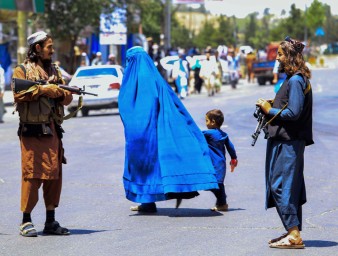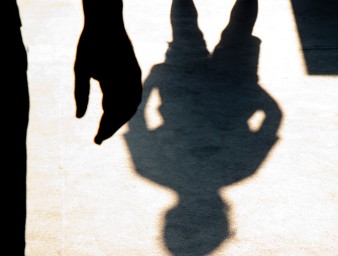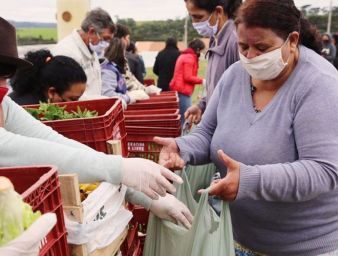The right to development – who decides
17 October 2011
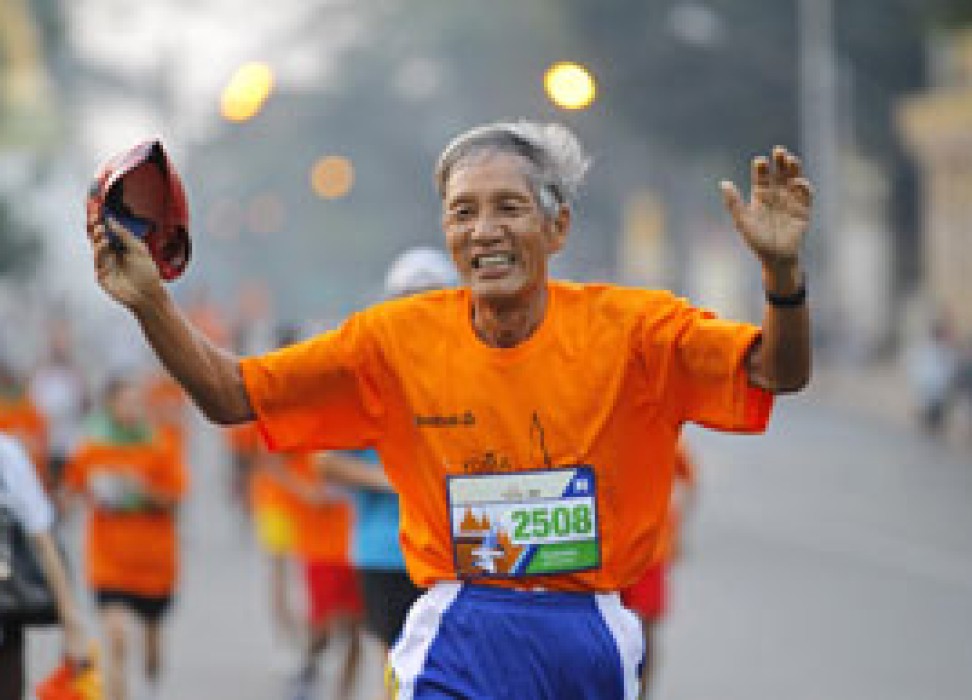
A community of semi nomadic people, the Endorois people had for centuries herded their cattle and goats in the Lake Bogoria area in the Rift Valley in Kenya. In the 1970’s they were evicted from their traditional lands to create a nature reserve intended as a tourist attraction.
The creation of the reserve deprived the Endorois of access to grazing lands and ultimately consigned them to lives of poverty and deprivation. However, the community argued its case before the African Commission on Human and People’s Rights. As a result, for the first time in Africa, in 2010, recognition was given to the rights of indigenous peoples over their traditionally owned land and its development with explicit reference to the right to development.
The role of organisations that argued this case, including the Endorois Welfare Council and Minority Rights Group International, and civil society in general, in achieving and implementing the right to development, was a key theme at this year’s Human Rights Council Social Forum, held from 3 to 5 October in Geneva.
Wilson Kipsang Kipkazi, the Program Coordinator with the Endorois Welfare Council described the community’s case to the Forum participants. He explained that even now the community waits for the decision to be implemented.
Kumi Naidoo, the Executive Director of Greenpeace International, another of the featured speakers at the Forum, spoke of “a convergence of a range of major global crises”. Referring to the 25th anniversary of the Declaration on the Right to Development being celebrated this year, Naidoo said the gap between rich and poor countries had grown significantly.
To put this in context, he told the Forum, we would need the resources of at least three to four planets to deliver to everybody the same quality of lifestyle enjoyed by people in rich nations and elites in developing countries.
Jimmy Kereseka from Solomon Islands, explained the nature of the decision-making process in development planning in the remote, subsistence-based province of Choiseul, using powerful tools such as participatory video. Working with the Lauru Land Conference of Tribal Community, a local NGO based in Choiseul, the communities there are cooperating to manage their marine and forest resources, especially because of their vulnerability to climate change.
Miloon Kothari, Director of Housing and Land Rights Network, South Asia, pointed out that globally, more people are displaced because of market-based evictions, than through conflict. It was essential, he said to question ‘public purpose’ or ‘public good’ often used as the justification for construction of big dams, and in urban renewal, property development and large sporting events.
The Forum also looked at issues such as gender and disability in development and the role of culture, how it can contribute to development initiatives. An entire day of the discussions was given over to the international environment, on issues of aid, trade, finance, intellectual property and transfer of technology, the need to ensure access to essential medicines and to technologies related to climate change adaptation and mitigation.
The Social Forum, an annual event, is designed to bring together government representatives, UN agencies and organisations with human rights experts and community organisations for discussions focused on a particular theme.
Chair of the Forum, H.E Minelik Alemu Getahun, Ethiopia’s Ambassador and Permanent Representative to the UN, observed that the role and structure of the Forum has changed over the years but its fundamental character as a place for “discussions on relevant human rights issues in an equal and distinctly open setting has been kept and reinforced throughout the years.”
“The right to development should ideally be embedded in constitutional and legislative provisions and citizens should be able to employ a range of social and legal strategies to make the right to development a reality,” he said.
In her statement to the Forum, Marcia V.J Kran, the Director of the Research and Right to Development Division of the UN Human Rights Office said, “Development is about access to opportunities for the constant improvement of human wellbeing, about guaranteeing the right to a life in dignity and freedom – freedom from want, freedom from fear and the freedom to flourish.”
17 October 2011
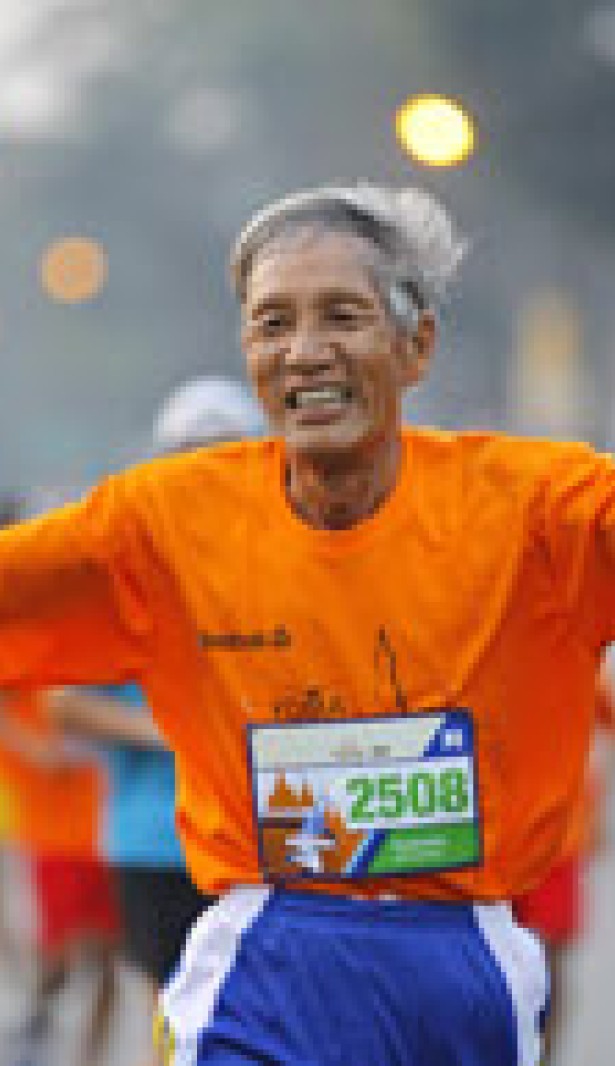
VIEW THIS PAGE IN:

